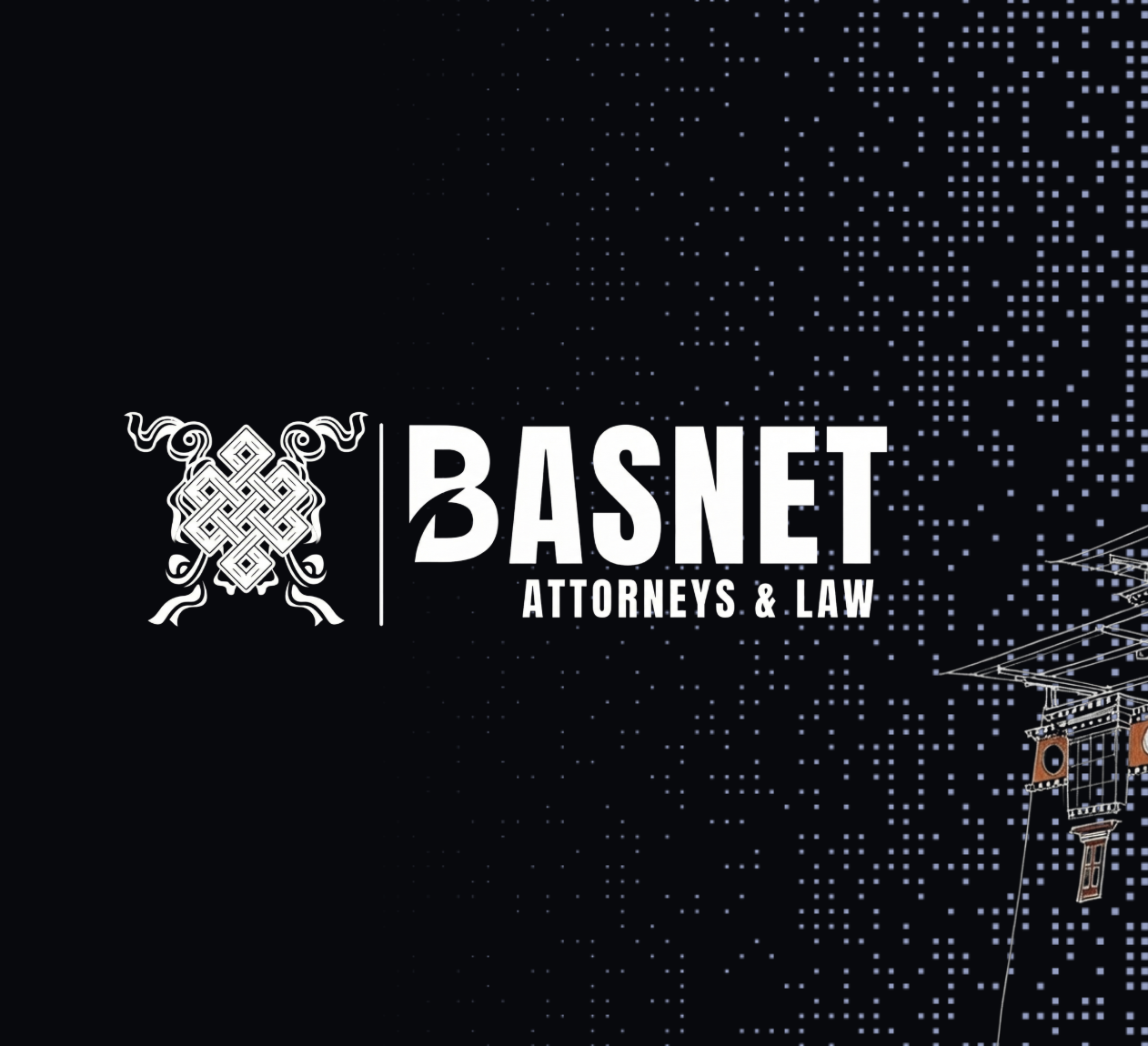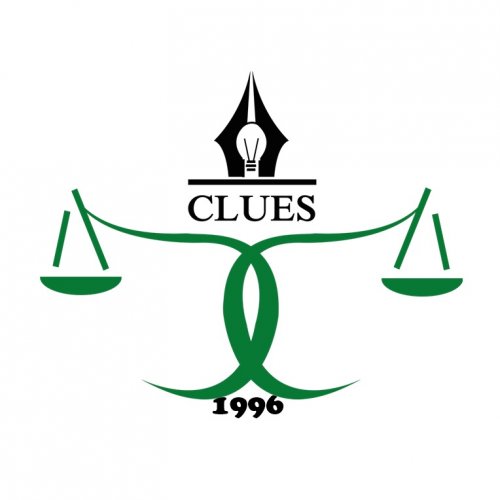Best Sanctions & Export Controls Lawyers in Thimphu
Share your needs with us, get contacted by law firms.
Free. Takes 2 min.
List of the best lawyers in Thimphu, Bhutan

Basnet Attorneys and Law - A Premier law Firm in Bhutan
15 minutes Free ConsultationAbout Sanctions & Export Controls Law in Thimphu, Bhutan
Sanctions and export controls law in Thimphu, Bhutan is a specialized field that governs the regulation, restriction, and monitoring of goods, technology, and services crossing the country's borders. These laws aim to protect Bhutan’s national security, uphold international obligations, and ensure compliance with United Nations mandates and regional agreements. Authorities in Bhutan implement these controls to prevent the transfer of sensitive items and technology that may threaten peace, security, or economic interests. In Thimphu, legal compliance is monitored through a framework of acts, rules, and government notifications, which apply to citizens, residents, businesses, and any entities engaging in cross-border trade or technology transfer.
Why You May Need a Lawyer
Sanctions and export controls are highly technical and constantly evolving areas of law. A legal expert specializing in this field can help you navigate complex regulations and avoid costly mistakes. Common situations where individuals and businesses may require legal help include:
- Engaging in the import or export of restricted items or technologies
- Receiving notices of investigation from government authorities
- Establishing new cross-border business partnerships
- Clarifying which goods or services are controlled or prohibited
- Responding to allegations of unlawful shipments or sanction violations
- Understanding updates to international sanctions or embargoes
- Applying for export licenses or permits
- Ensuring supply chain compliance and due diligence
A lawyer can provide critical guidance, represent you before authorities, and design internal compliance programs tailored to your business or personal situation.
Local Laws Overview
Bhutan’s legal framework for sanctions and export controls is crafted in alignment with both its national development goals and international commitments. Key features include:
- Imports and Exports Regulation Act: This law governs the import and export of goods, setting out procedures for licensing, prohibited goods, and enforcement powers.
- Foreign Trade Policies: Bhutan periodically updates its foreign trade policies to reflect new international sanctions, trade restrictions, or authorizations. These policies dictate what can and cannot be traded, as well as procedural requirements.
- Customs and Border Control: The Bhutan Customs Act and related regulations empower authorities to seize, inspect, or investigate suspicious shipments.
- International Obligations: Bhutan, as a United Nations member, is bound to enforce UN Security Council resolutions, including those imposing sanctions or embargoes on specific countries, entities, products, or individuals.
- Sector-specific Controls: Certain sectors, such as defense, dual-use technology, and endangered species, are subject to additional layers of scrutiny and control.
Violations may result in seizure of goods, financial penalties, criminal liability, license revocation, or international blacklisting. Both individuals and entities are expected to conduct thorough due diligence before engaging in international trade or transfers.
Frequently Asked Questions
What are export controls in Bhutan?
Export controls in Bhutan consist of laws and regulations that restrict or require licensing for the export of certain goods, services, or technologies to other countries, especially if the items are sensitive or could be misused.
Who enforces sanctions and export controls in Thimphu?
Sanctions and export controls are primarily enforced by the Ministry of Economic Affairs, the Department of Revenue and Customs, and, where applicable, other sectoral authorities such as the Ministry of Agriculture or Ministry of Foreign Affairs.
How do I know if my goods are subject to export controls?
You should consult the latest lists published by the relevant ministries or seek advice from a qualified legal professional. Certain goods such as armaments, chemicals, advanced electronics, and wildlife products are commonly controlled.
What are the penalties for violating export control laws in Bhutan?
Penalties can include confiscation of goods, fines, suspension or cancellation of business licenses, and even imprisonment for severe offenses.
Are there any countries or entities I cannot trade with?
Yes. Bhutan complies with United Nations sanctions and may issue its own prohibitions against certain countries or entities, especially where trade would violate international obligations or pose security risks.
Do I need a license to export dual-use goods?
Yes. If your goods or technology have both civilian and military applications (dual-use), you likely require a special license. Legal advice is recommended in these cases.
How can I apply for an export license?
Applications are typically made through the Ministry of Economic Affairs or the relevant sectoral body. The process involves submitting detailed documentation on the items, end-user, and intended use.
What should I do if I receive a notice of investigation?
You should consult with a lawyer immediately. Responding incorrectly or without legal guidance can increase your risk of penalties or liability.
Do sanctions apply to digital goods and technology transfers?
Yes. Sanctions and export controls can apply to software, data, and other intangible goods, especially if they are considered sensitive or covered by international control lists.
How often do sanctions or control lists change?
Control lists and sanctions can change frequently due to shifts in international relations or global security concerns. It is important to stay updated, usually via official government notifications or legal consultations.
Additional Resources
For more information, guidance, or official documentation, you can reach out to the following resources in Bhutan:
- Ministry of Economic Affairs - Department of Trade and Department of Revenue and Customs
- Ministry of Foreign Affairs - especially for queries related to international obligations and embargoes
- Bhutan Chamber of Commerce and Industry - for advice to businesses on regulatory compliance
- Local law firms specializing in trade, sanctions, and compliance law
- Relevant United Nations publications and notifications circulated by the Royal Government of Bhutan
Next Steps
If you believe you need legal assistance regarding sanctions or export controls in Thimphu, Bhutan, here is what you should do:
- Identify and document your specific legal questions or concerns.
- Collect all relevant documentation, such as trade agreements, shipping manifests, contracts, or government notices.
- Contact a local lawyer or law firm specializing in sanctions and export controls.
- Request a consultation to discuss your case and seek preliminary legal advice.
- Follow your lawyer’s guidance on compliance, documentation, and communications with relevant authorities.
- Stay informed about any changes in laws or international requirements applicable to your case or business.
Taking timely legal advice ensures you make informed decisions, avoid violations, and protect your interests when navigating the complexities of sanctions and export controls in Bhutan.
Lawzana helps you find the best lawyers and law firms in Thimphu through a curated and pre-screened list of qualified legal professionals. Our platform offers rankings and detailed profiles of attorneys and law firms, allowing you to compare based on practice areas, including Sanctions & Export Controls, experience, and client feedback.
Each profile includes a description of the firm's areas of practice, client reviews, team members and partners, year of establishment, spoken languages, office locations, contact information, social media presence, and any published articles or resources. Most firms on our platform speak English and are experienced in both local and international legal matters.
Get a quote from top-rated law firms in Thimphu, Bhutan — quickly, securely, and without unnecessary hassle.
Disclaimer:
The information provided on this page is for general informational purposes only and does not constitute legal advice. While we strive to ensure the accuracy and relevance of the content, legal information may change over time, and interpretations of the law can vary. You should always consult with a qualified legal professional for advice specific to your situation.
We disclaim all liability for actions taken or not taken based on the content of this page. If you believe any information is incorrect or outdated, please contact us, and we will review and update it where appropriate.










